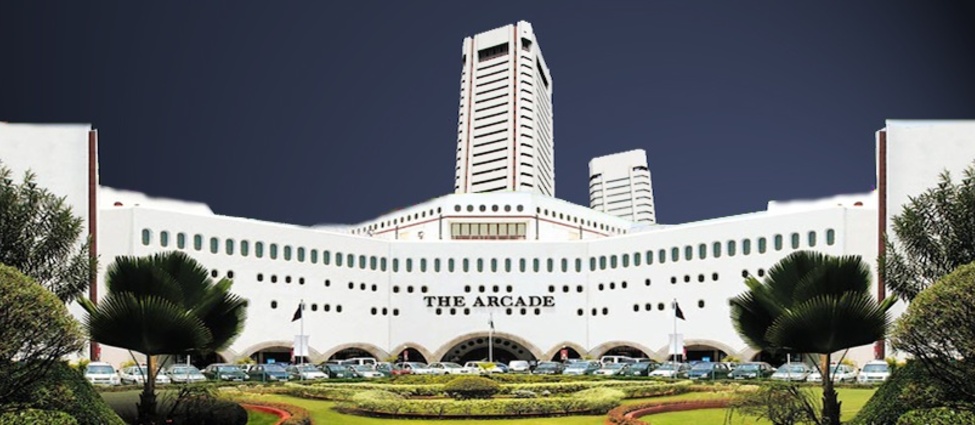

News
Can GST Protect India Post Brexit Turmoil?

A Make in India Fourth Series workshop on ‘Implications of GST – Industry Perspective’ was organised at the World Trade Centre (WTC) Mumbai as global markets plunged following Britain’s exit from the European Union. Experts felt that passing the Goods and Services Tax (GST) in the Rajya Sabha will be the best way to tackle post Brexit uncertainty in India. The event was jointly organized by WTC Mumbai and All India Association of Industries, supported by IDFC. Mr Abhishek A Rastogi, Director, Tax & Regulatory Services, PricewaterhouseCoopers (PwC) said, “GST network is ready and IT infrastructure to support the regime is in place. There is a likelihood that the GST Bill can also be passed by at least 50% of the state governments. However, the real test would be the passage of the bill in the Rajya Sabha.”
Speaking about the pros and cons of the GST regime, he stated that the government has included various provisions to make the GST regime tax-payer friendly, reduce litigation, transfer of unutilised input tax credits and so on. In fact, the Integrated Goods and Services Tax (IGST) is the most innovative and appropriate model for a federal country like India. However, there are some areas of concerns which include valuation of barter transactions, definition of some transactions, he pointed out.
Mr. Firoze B. Andhyarujina, Senior Advocate, Supreme Court, said that GST is a time supply tax in contrast to excise which would promote India’s economic growth and offset any adverse impact on the economy from Brexit. The exit of Britain from European Union would have a far-reaching impact on global economy, especially on international trade. The Indian government must use this development to introduce GST and support economic growth.”
Mr. Andhyarujina raised hope that the GST regime would reduce the number of litigation between the industry and tax authorities. He informed that while the government’s tax collection doubled in the last five years, the tax disputes has risen over 600% during the same period.
He stated that there are some onerous provisions in the GST bill. There are more contentious issues that need to be ironed out. These include issue of dual control by central and state governments, the determination of revenue neutral rate and so on.
Talking about GST on E-commerce sector, Mr. Andhyarujina pointed out that it would improve the tax base. “Non filing of returns within 6 months would mean losing dual registration – State and Central,” he added.
Ms Rupa Naik, Director- Projects, World Trade Centre Mumbai, said, “GST is a path-breaking reform in India’s indirect taxation system and I expect the introduction of this regime to boost manufacturing sector of the country.”
During the event, India’s financial institution IDFC, which started banking operation in October 2015, made a presentation on how to simplify banking services through cutting edge technologies.
Caption: From (L-R): Mr Abhishek A Rastogi and Ms Rupa Naik.